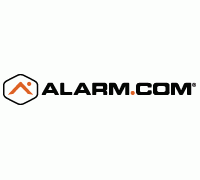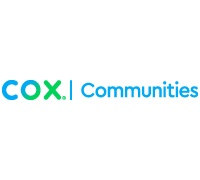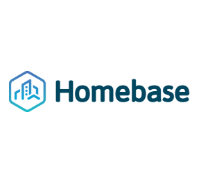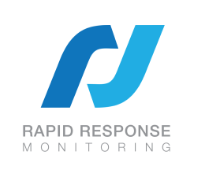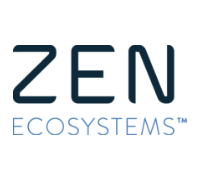Tuesday, May 17, 2016
25% of broadband households indicate they would participate in an energy program offered by their energy provider
Energy data is a key element of any energy management solution. Technology for monitoring and analyzing home energy data has developed to provide increasingly valuable, actionable insights for consumers and energy providers. Familiarity with energy programs is still generally low, with 20% or less of U.S. broadband households being “very familiar” with various energy programs.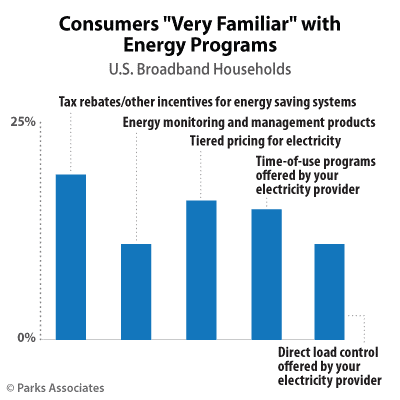
25% of broadband households indicate they would participate in an energy program offered by their energy provider. One-third of consumers would participate in an energy program offering a free product, while roughly one-half of consumers would permit utility control of appliances in exchange for a product rebate. Non-financial incentives can also drive energy program participation, but financial incentives attract 5-8% more households than non-financial incentives.
At Smart Energy Summit, speakers on “Unlocking the Value of Energy Usage Data” addressed new ideas on energy programs, business models, and the value of energy usage data to engage consumers.
-
Martha Amram, Founder & CEO, WattzOn and Green Button Alliance
-
Will Duckett, Director of Business Development, PlotWatt
-
Steve Nguyen, Head of Marketing, Bidgely
-
Daniel Roesler, CTO & Co-founder, UtilityAPI and Green Button Alliance
-
Emmett Romine, General Manager Insight & Demand Side Management, DTE Energy
Five key takeaways from the session included:
-
It is not just a matter of if the industry can disaggregate energy data, but what that data is used for and how companies deliver value to the end consumer. The data only serves a company once that company has turned consumer engagement into a good and viable business model.
-
Disaggregation is also only valuable if it helps the consumer fix a problem or issue that was important to the consumer.
-
Consumers do not always act just because they have information/data offered to them—it takes an event or problem within the home to make them change their behavior.
-
Energy efficiency can be advanced through data analytics. There is a distributed energy opportunity for usage based data analytics.
-
Consumers want to know how much money they can save overall on their energy bill and not necessarily how much each device can save.
For more information about Smart Energy Summit, or to download the Event Summary, Click Here.
Next: Consumers Value Control Over Savings, Comfort, and Cost
Previous: Top 10 Takeaways – Success Stories in Energy Management
Comments
Post a Comment







